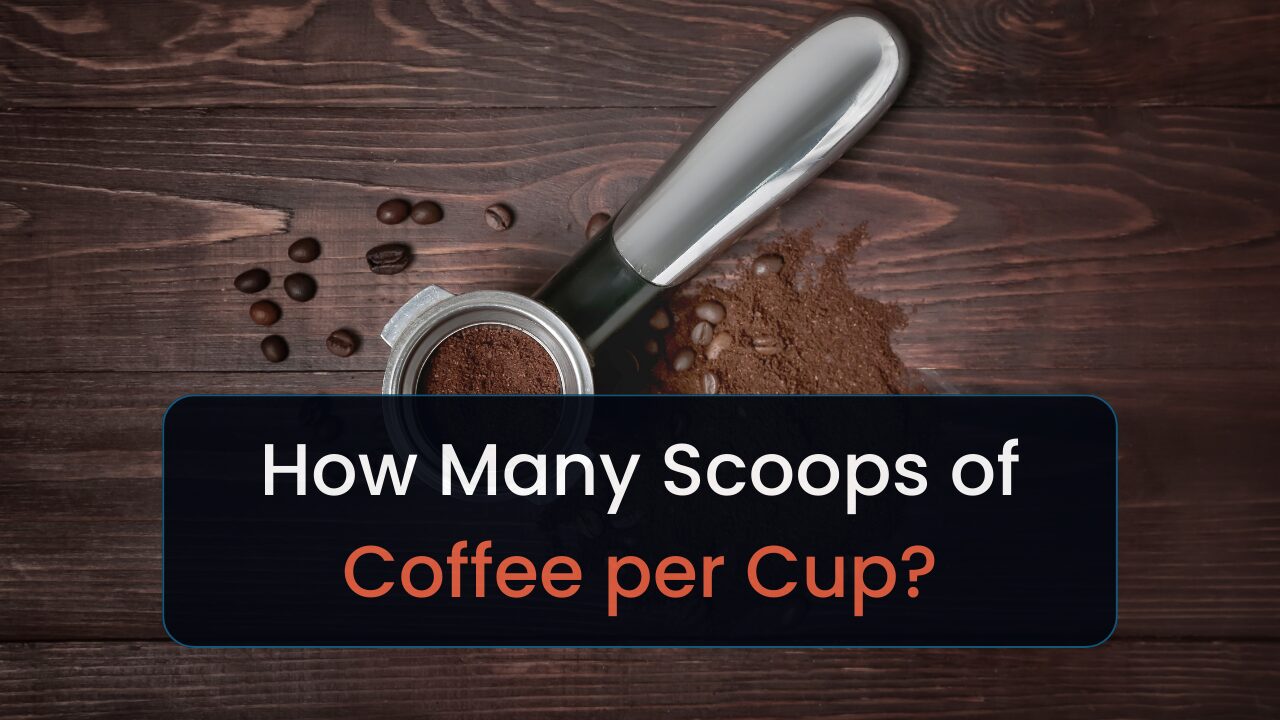It’s waiting for you in the morning. You enjoy it on your way to work or during your lunch break. You are ready to stand in those dreadfully long lines at Starbucks to get it.
What is it?
Coffee. It’s with you every day (at least if you love it as much as I do).
However, it is not always all about good things.
I am talking about coffee myths. Some of them make you feel guilty for enjoying your favorite rich beverage, while in reality, most are simply misinformation.
So, let’s debunk those myths so that the next time someone tries to tell you how you should (or shouldn’t) take your coffee, you would know what to say.
Here’s How Much We Love Coffee
People in America (and around the world, for that matter) love coffee. We start our mornings with it and crave it during the day. Is it dependence? I believe it is love.
And I’m not the only one. Here’s how much people in the US love this flavorful beverage:
- More than 65% of US adults drink coffee daily (this makes more than 280 million cups of coffee a day).
- There are more than 21,000 coffee shops in the country.
- 60% of people say that they cannot start their day without a cup of coffee.
- On average, people drink around 3 cups every 24 hours.
- 35% prefer taking their coffee black.
- 65% of US adults drink coffee during breakfast.
- Only 5% have it with other meals, and 30% drink it between meals.
Americans drink more than 3 billion ounces of coffee every year. However, around 30% of people actually stress about the safety of this beverage.
It’s the courtesy of the coffee myths that people believe in. They deliver misinformation, which sometimes makes us feel guilty for enjoying our favorite beverage.
Myth 1: Coffee Can Help You Lose Weight
Coffee alone isn’t a weight loss miracle. While it can temporarily suppress appetite and slightly increase metabolism, these factors alone can’t magic away those extra pounds.
They can assist on your weight loss journey but remember, coffee is an aid, not a solution. Physical activity and a balanced diet remain essential for weight loss.
Myth 2: Coffee Makes You Dehydrated
Contrary to this long-standing myth, coffee doesn’t cause dehydration. Its diuretic properties might increase your bathroom visits, but coffee, being a liquid itself, also contributes to your daily water intake.
Regular, moderate coffee consumption won’t lead to dehydration, provided you stay within the recommended limit of up to 4 cups a day.
Myth 3: Coffee Will Stunt Your Growth
This tall tale has been debunked. Originating from old advertising by a coffee substitute brand, there’s no scientific evidence that coffee affects growth. Few children drink coffee, so there’s no reason to perpetuate this myth.
Myth 4: Coffee Should Be Kept in a Fridge or a Freezer
Preserve your coffee beans properly, not in the fridge or freezer. While these places lack heat and light, the fluctuating temperature creates moisture, deteriorating the coffee beans’ freshness and flavor.
Instead, store your beans in an airtight container in a cool, dark cabinet.
Myth 5: Instant Coffee Is “Second-Class”
Though instant coffee may lack in flavor compared to brewed coffee, it doesn’t fall short in antioxidants.
Some antioxidants, like chlorogenic acid, are even more concentrated in instant coffee. Despite the flavor, it’s nutritionally similar to brewed coffee.
Myth 6: Decaf Means Zero Caffeine
Decaf coffee isn’t 100% caffeine-free. It contains lower amounts of caffeine compared to regular coffee.
Drinking multiple cups of decaf coffee could equal the caffeine content of a regular coffee cup. However, the caffeine levels are unlikely to impact you significantly.
Myth 7: Darker Roasts Are Stronger
Dark-roasted coffee might taste richer, but its caffeine content per gram remains unchanged.
The roasting process cannot reach high enough temperatures to burn off caffeine. The perception of strength is likely due to flavor intensity rather than caffeine content.
Myth 8: Coffee Causes Various Health Conditions
Moderate coffee consumption (3-4 cups daily) has been associated with reduced risks of certain diseases, including heart disease, diabetes, and some types of cancer.
Drinking too much coffee could temporarily increase heart rate, especially in individuals with high blood pressure.
And while coffee can slow calcium absorption, you’d need excessive amounts to cause osteoporosis.
Myth 9: Coffee Is Extremely Addictive
While coffee can cause a slight dependency due to its stimulant properties, the withdrawal symptoms are typically short-lived, making it unlikely to be classified as highly addictive.
Myth 10: Coffee Fights Alcohol
Coffee can’t sober you up. While it can make you feel more alert, it doesn’t counteract the effects of alcohol. If you’ve been drinking, no amount of coffee will make it safe for you to drive. Always drink responsibly.
What To Do Now?
Now I would recommend you check out our coffee blog. There you can find more information on coffee!






